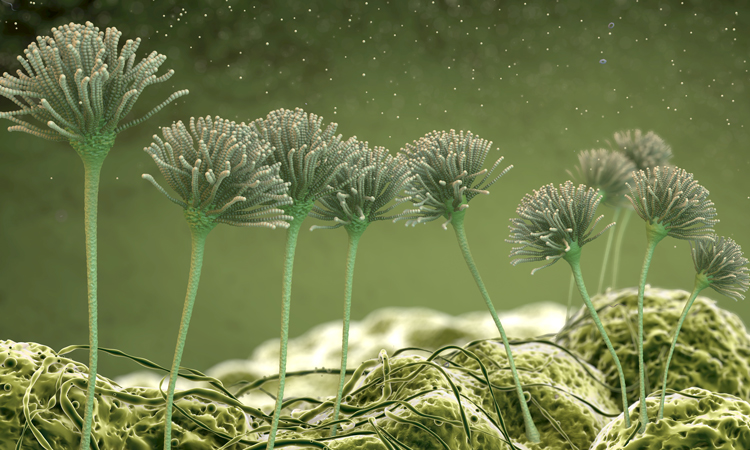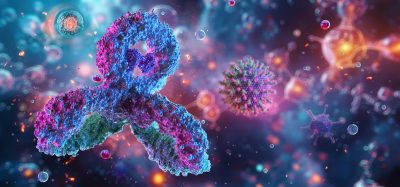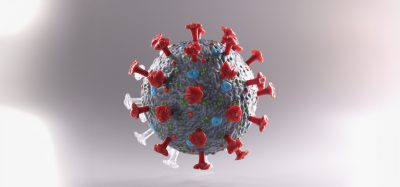Breakthrough treatment defeats deadly fungus
Posted: 10 August 2023 | Drug Target Review | No comments yet
Researchers at the RIKEN Center for Sustainable Research Science (CSRS) and the University of Toronto have discovered a method to combat fungal infections by targeting their fatty acid production.


This innovative approach has the potential to address the growing issue of drug-resistant fungi and offers hope in the fight against life-threatening fungal diseases. The study, published in the scientific journal Cell Chemical Biology, presents a new strategy that could effectively treat a broad range of fungal species.
Fungal infections such as athlete’s foot are common and relatively harmless. However, more severe infections caused by Candida, Cryptococcus, and Aspergillus fungi lead to millions of deaths annually. The rise of fungal resistance to existing medications is a global concern, necessitating urgent action to prevent a potential surge in fatalities.
Currently, there are only three major classes of anti-fungal drugs, all of which target the fungal cell barrier. However, these treatments are specific to fungal species, rendering them ineffective against others.
The research team aimed to find a more versatile approach that could combat various harmful fungi. They screened the RIKEN natural product depository (NPDepo), consisting of structurally-diverse compounds, against four pathogenic yeasts. The goal was to identify compounds that could inhibit growth in all four species, suggesting a potential broad-spectrum effect.
Several compounds were discovered in the screening that significantly reduced fungal growth in all four species. Among these, a compound named NPD6433 showed the least toxicity to human cells while effectively inhibiting Aspergillus fumigatus, a deadly fungal mould. Subsequent experiments revealed that NPD6433 likely works by inhibiting fatty acid synthase, preventing the production of fatty acids within fungal cells.
Further tests demonstrated that NPD6433, along with another fatty acid synthase inhibitor called cerulenin, could effectively kill numerous yeast species in laboratory culture. Additionally, a live laboratory model organism, the worm Caenorhabditis elegans, infected with a pathogenic yeast, showed a 50% reduction in fatalities after NPD6433 treatment. Notably, this effect was observed even in worms infected with yeast resistant to standard anti-fungal medication.
Lead author Yoko Yashiroda from RIKEN CSRS highlighted the significance of their findings: “Drug-resistant fungi are a growing problem and leads for the development of new drugs offer hope against these evolving pathogens. Our research indicates that targeting fatty acid synthesis is a promising alternative therapeutic strategy for fungal infections, and one which might not require tailor-made solutions for individual species.”
This study opens new possibilities in the battle against deadly fungal infections. By disrupting the production of fatty acids in fungal cells, this novel treatment approach could offer a ray of hope in the fight against drug-resistant fungi, potentially saving millions of lives worldwide.
Related topics
Drug Delivery, Drug Discovery, Targets
Related conditions
fungal infections
Related organisations
RIKEN Center for Sustainable Research Science (CSRS), The University of Toronto
Related people
Yoko Yashiroda








